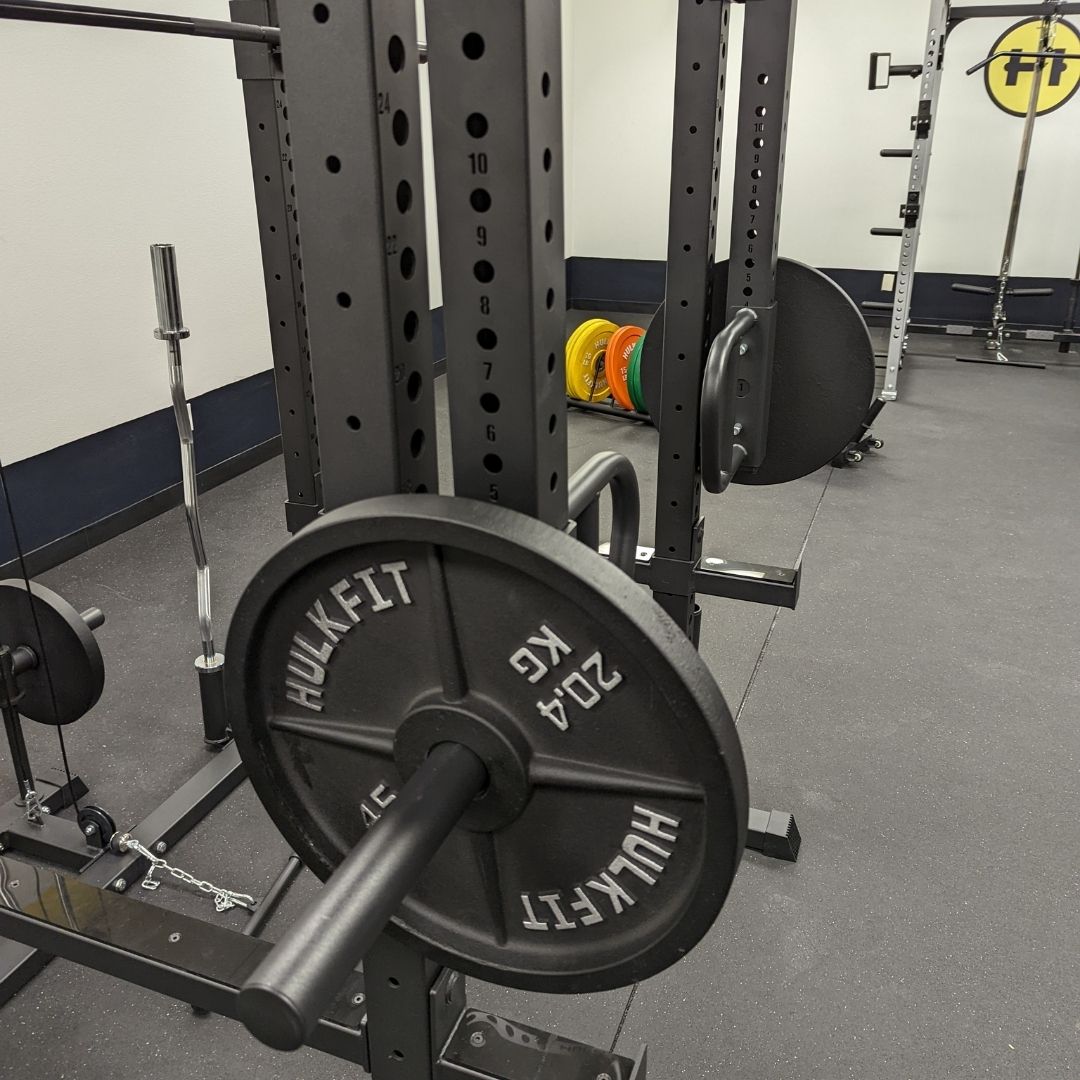
The Incredible Benefits of Weight Lifting for Adults Over 60
As we age, maintaining our physical health becomes increasingly important. One activity that holds immense benefits for adults over 60 is weight lifting. While it may seem daunting or counterintuitive, weight lifting provides numerous advantages that can greatly enhance the quality of life for seniors. In this article, we will explore the importance of weight lifting for adults over 60, backed by scientific references.
1. Increased Strength and Bone Density:
Weight lifting helps counteract age-related muscle loss, a condition known as sarcopenia. Engaging in resistance training exercises preserves muscle mass and strengthens bones, reducing the risk of fractures and osteoporosis [1]. Studies have shown that weight lifting can significantly increase muscle strength in older adults, enhancing their ability to perform daily activities and maintain independence [2].
2. Improved Joint Health:
Contrary to popular belief, weight lifting can promote joint health when performed correctly. By strengthening the muscles surrounding the joints, weight lifting provides added support and stability. It can alleviate joint pain and reduce the risk of conditions such as osteoarthritis [3]. Proper form and appropriate progression are crucial to minimizing joint strain.
3. Enhanced Metabolism and Weight Management:
Regular strength training boosts metabolism, increasing calorie expenditure even at rest. This can aid in weight management and reduce the risk of chronic conditions such as heart disease, diabetes, and metabolic syndrome [4]. Weight lifting also improves insulin sensitivity, contributing to better metabolic health [5].
4. Improved Functional Abilities:
Weight lifting focuses on compound exercises that engage multiple muscle groups simultaneously. This approach enhances functional abilities necessary for performing everyday tasks, such as lifting groceries, climbing stairs, or maintaining balance. Research has shown that strength training can improve gait speed, balance, and overall functional capacity in older adults [6].
5. Positive Impact on Mental Well-being:
Engaging in physical activity, including weight lifting, has profound effects on mental well-being. Exercise releases endorphins, which reduce stress levels and improve mood. Regular weight lifting can combat feelings of isolation, improve cognitive function, and promote a positive outlook on life [7].
Weight lifting is a valuable tool for adults over 60 to maintain physical health, independence, and an active lifestyle. The benefits include increased strength and bone density, improved joint health, enhanced metabolism and weight management, improved functional abilities, and positive effects on mental well-being. Before starting a weight lifting program, it is essential to consult with a qualified fitness professional who understands the specific needs and limitations of seniors.
References:
1. Hughes VA, Frontera WR, Wood M, et al. Longitudinal muscle strength changes in older adults: influence of muscle mass, physical activity, and health. J Gerontol A Biol Sci Med Sci. 2001;56(5):B209-B217.
2. Peterson MD, Rhea MR, Sen A, et al. Resistance exercise for muscular strength in older adults: A meta-analysis. Ageing Res Rev. 2010;9(3):226-237.
3. Vincent KR, Braith RW. Resistance exercise and bone turnover in elderly men and women. Med Sci Sports Exerc. 2002;34(1):17-23.
4. Strasser B, Schobersberger W. Evidence for resistance training as a treatment therapy in obesity. J Obes. 2011;2011:482564.
5. Ibanez J, Izquierdo M, Arguelles I, et al. Twice-weekly progressive resistance training decreases abdominal fat and improves insulin sensitivity in older men with type 2 diabetes. Diabetes Care. 2005;28(3):662-667.
6. Cadore EL, Casas-Herr


